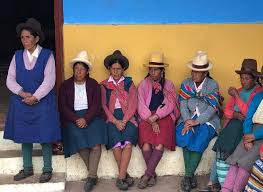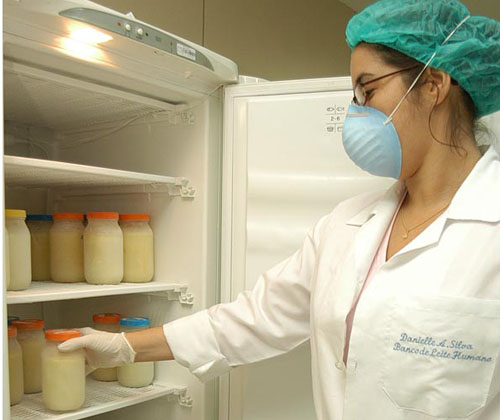The Oswaldo Cruz Foundation (Fiocruz) has taken an important step into the project “Eliminate Dengue”, a natural method to block dengue virus transmission in Aedes aegypti.
On last September, scientists released in Tubinacanga – a neighborhood in Rio de Janeiro – mosquitoes with the bacteria Wolbachia. Scientists can transfer Wolbachia from insects into Aedes aegypti mosquitoes and have demonstrated that when Wolbachia is present in the mosquito it reduces their ability to transmit dengue viruses and thereby reduces human infection and dengue disease.
With the release of Wolbachia infected mosquitoes in Tubinacanga, scientists hope that those mosquitoes will then breed with the wild mosquito population and then this would reduce transmission of dengue viruses between people.
The idea is to release 10 thousand mosquitoes each week during three or four months. Initially, researchers will evaluate the ability of mosquitoes infected with Wolbachia to settle in the environment and to reproduce with wild mosquitoes. The Project proposes a sustainable solution against dengue fever, once after settled in the environment, the Aedes aegypti naturally transfers the bacteria to its offspring.
Besides Brazil, the Eliminating dengue project has already tested this same method in Australia Indonesia, Vietnan, China and Colombia.
Check the eliminating dengue website.
Interview in portuguese about dengue fever in Brazil by Paulo Gadelha, Anna Beatriz de Sá Almeida and Jaime L. Benchimol with five specialists for HCS – Manguinhos published in 1998:










